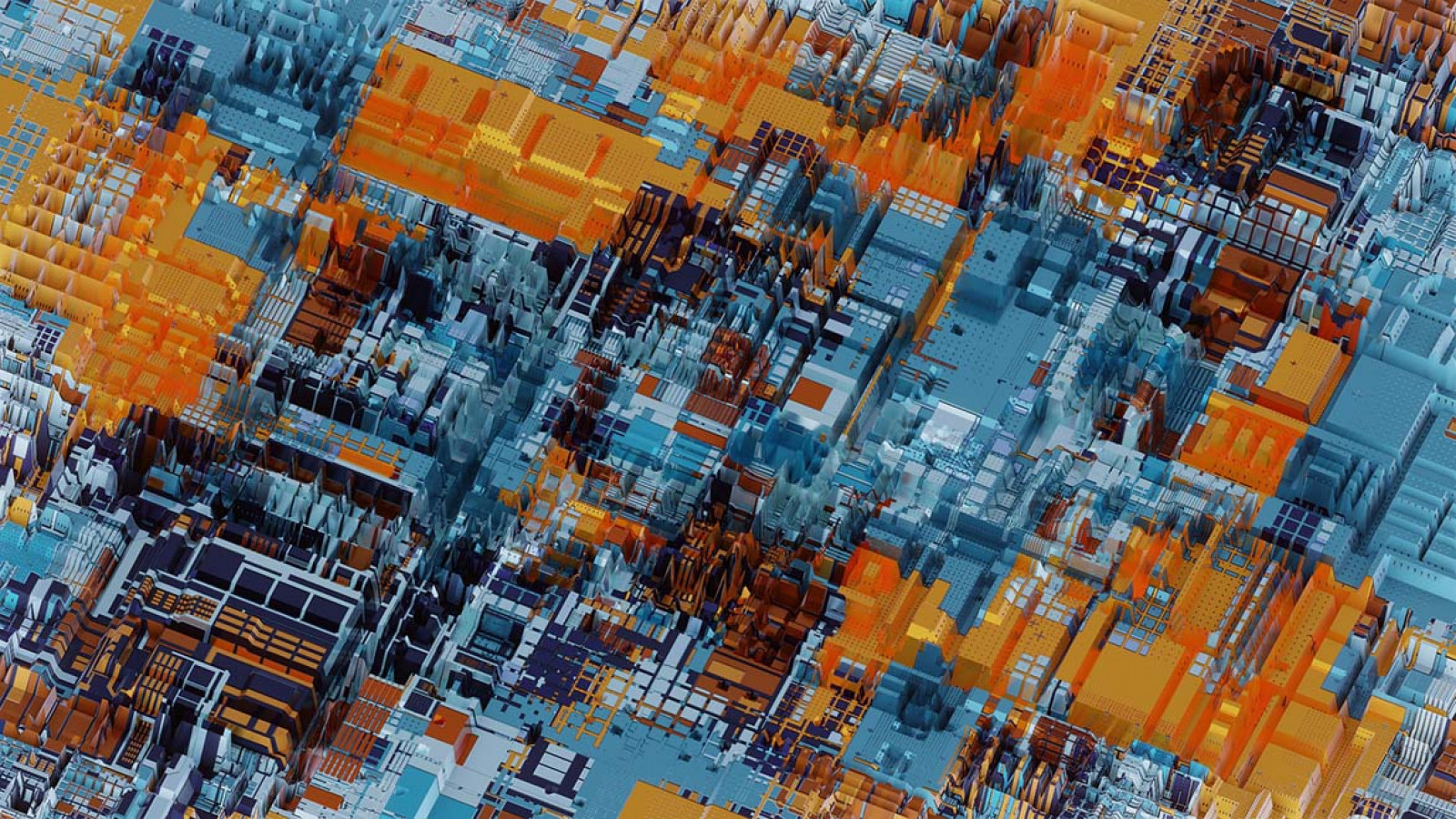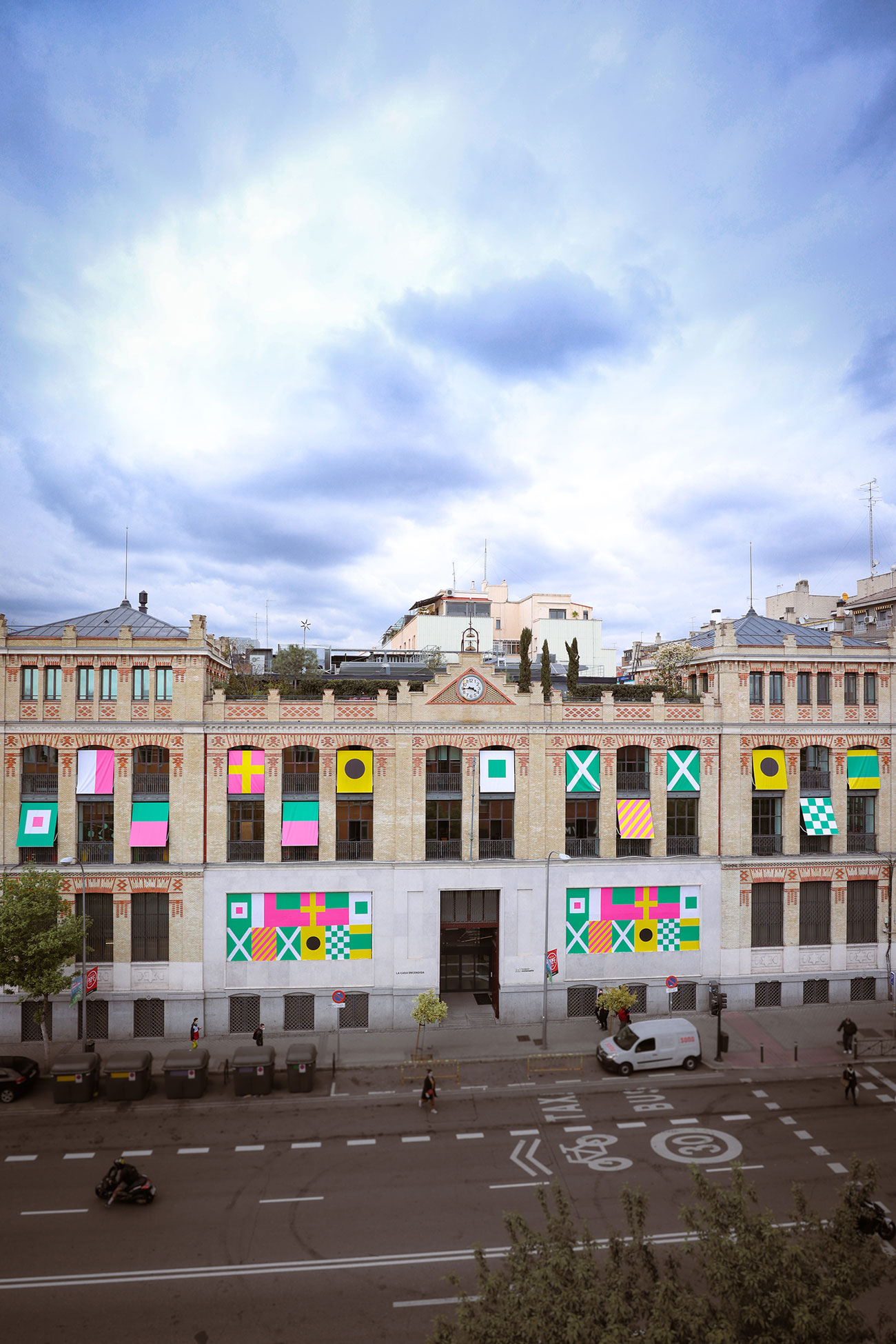Feeding the Beast. Part I: Infrastructure, Water and Minerals
Within the programming of
The Dark Side of the Cloud: The Environmental Impact of the Virtual| Duration: | 1 hour 30 minutes |
The immateriality of the virtual is a myth. Digitalisation is not synonymous with dematerialisation. It is sustained by two things: an immense physical infrastructure that needs mineral, water and energy resources as well as a workforce; and complex supply chains that leave waste and emissions in their wake.
When we refer to the materiality of the cloud, a key aspect to bear in mind is the vast demand for metal to make the devices we use. Some of these materials are scarce or may become scarce due to increased demand, depletion or conflicts in the countries where they are mined. This is particularly relevant for the EU whose current dependency on imports for most of these metals is somewhere between 75% and 100%, with the demand for lithium and other metals estimated to increase 60 times by 2050, which could put a brake on the continent’s digital sovereignty plans.
Another matter of concern is the environmental impact of digital technologies, related both to metal mining and data storage and processing with their high consumption of energy—and corresponding GHG emissions—and water (thousands of litres of water are used in data centre cooling systems).
In this session artist and lecturer Vladan Joler will reflect on the virtuality of the cloud; researcher Alicia Valero will provide her insight into the world of mineral resources and their limits; and expert Lorraine de Montenay will demonstrate the environmental impacts of ICT in the EU. Lastly, Argentinian researcher Melisa Argento will take us on tour of the Lithium Triangle to show us the impacts of lithium mining in this area.
Speakers:
- Vladan Joler is an artist, researcher and lecturer at the University of Novi Sad and founder of SHARE Lab. His work explores and visualises the invisible infrastructure, the transparency of algorithms, labour exploitation and other phenomena linked to technological development. He is the co-author of Anatomy of an AI System and author of Facebook Algorithmic Factory.
- Alicia Valero has a PhD in chemical engineering from the University of Zaragoza. She leads the Industrial Ecology research group at the CIRCE Institute and is a tenured lecturer at the University of Zaragoza. She is the co-author of Thanatia: The Destiny of the Earth’s Mineral Resources and Thanatia, límites materiales de la transición energética.
- Lorraine de Montenay is an independent expert in digital responsibility and a member of GreenIT.fr. She piloted the first life cycle analysis on the environmental impacts of digitalisation in the European Union, published in 2021.
- Melisa Argento has a PhD in social sciences, is a lecturer at the National University of Rosario and a researcher at the Institute for Latin American and Caribbean Studies (IEALC). Her research interests are the relationship between state and social movements, extractivism, and socio-territorial conflicts in Latin America.
Organised by the Green European Foundation (GEF) in collaboration with Fundación Transición Verde and La Casa Encendida.
The event will be held in a Zoom room. Once you have registered, you will receive a confirmation email with the login details for the event. Simultaneous Spanish-English translation.

